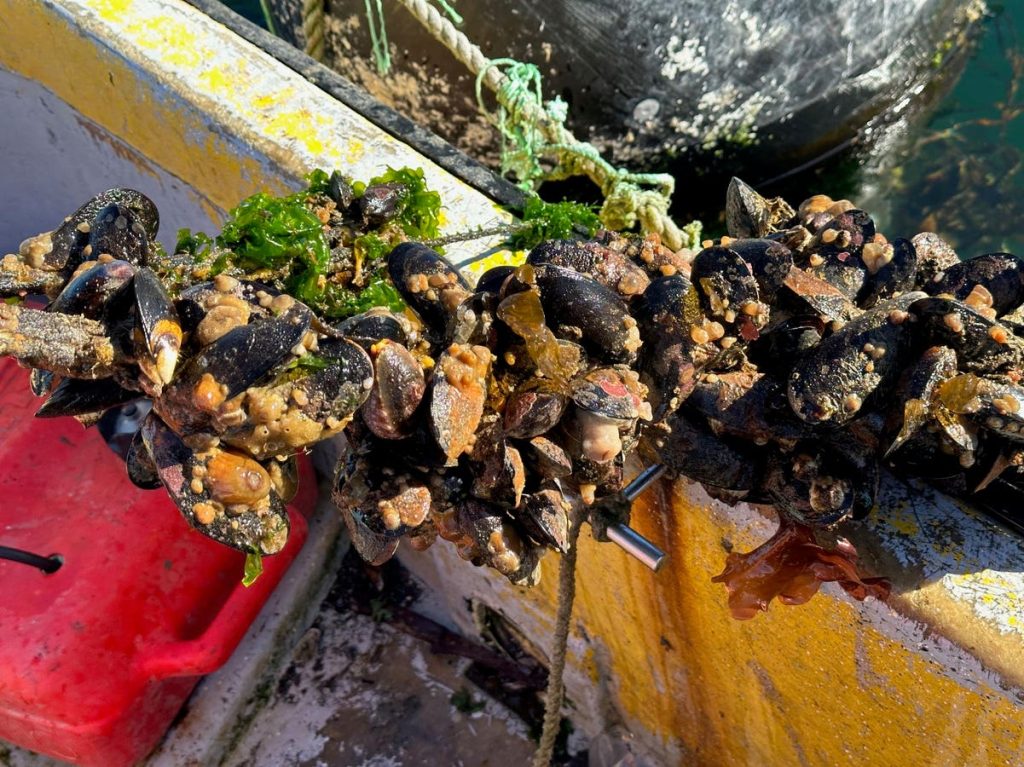Scientists in Chile have conducted a study to investigate the possibility of Chilean mussels, native to the cold waters of Patagonia, moving south to Antarctica. The study, published in the journal Science of The Total Environment, involved exposing the mussels to different temperature conditions to simulate their potential survival in Antarctic waters. The researchers found that while the mussels cannot survive the current Antarctic winter conditions, future warming scenarios could increase their chances of establishing themselves in Antarctica.
Jorge Navarro Azocar, a marine biologist involved in the study, explained that climate change scenarios for the end of the century could weaken the physiological barriers of the mussels, resulting in higher survival and growth rates. This could lead to a “successful invasion” of the species in Antarctica, with serious consequences for the biodiversity of the area. The increased shipping activity across the southern ocean could also aid in the dispersal of the mussels, further facilitating their potential invasion of Antarctica.
Navarro, who spent his childhood in Chile’s Patagonian region, credits his love for nature to his upbringing in an environment surrounded by volcanoes, forests, and a rich flora and fauna. He studied zoology at the Universidad Austral de Chile, completed a doctorate in biology at Canada’s Memorial University of Newfoundland, and conducted postdoctoral work in the United Kingdom. Navarro emphasized the importance of scientific training in the Global South and highlighted the valuable contributions that scientists from this region can make in addressing global challenges such as studying the effects of climate change on marine organisms.
Climate change has also been linked to the arrival of the invasive Indo-Pacific Swimming Crab in Colombian waters. The crab, believed to have been introduced to Colombia’s Caribbean coast by commercial vessels, has already invaded the western shore of the Atlantic Ocean and has displaced several species of native crustaceans in shallow-water habitats. Marine biologist Alejandro Lozano highlighted the potential impact of this invasive crab in Colombia, drawing attention to the limited attention it has received in the country and the demonstrated impacts it has had on ecosystems and fishing in other parts of Latin America.
The study on the invasive crab in Colombia was motivated by concerns about the potential impact of the species on the country’s marine ecosystems. Researchers found that the crab has been reported extensively in various regions of Colombia, indicating its widespread presence along the country’s coastline. The study highlighted the need for increased attention to invasive species and their impacts, particularly in the context of climate change and changing ocean conditions. Collaboration between scientists and researchers from different countries will be essential in addressing these threats and finding solutions to mitigate their impact on marine biodiversity.


